Hospice FAQs
What is hospice?
Hospice is a compassionate method of caring for terminally ill people. Hospice is a medically directed, interdisciplinary team-managed program of services that focuses on the patient and family as the unit of care. Hospice care is palliative rather than curative, with an emphasis on pain and symptom control, so that a person may live their last days of life fully, with dignity and comfort, at home or in a home-like setting.
Who makes the decision to enter a hospice program?
The law leaves the final decision up to the patient. However, the decision is usually made after discussion with the members of the family, the physician, clergy, and others.
How does hospice work?
Hospice is for those persons who have a life expectancy of six months or less and can no longer benefit from curative treatment. Most hospice patients receive care at home and an interdisciplinary team of physicians, nurses, counselors, therapists, social workers, aides, and volunteers provides treatment. The hospice team provides medical care to the patient and support services to the patient and to the patient’s family and friends. Hospice does not attempt to cure, but rather to control pain and other symptoms in order to enable the patient to live as fully and comfortably as possible. Hospice addresses the medical, emotional, psychological, and spiritual needs of the patients and their loved ones. Hospice is provided seven days a week. Patients routinely receive periodic in-home services of a nurse, home health aide, social worker, volunteer, and other members of the hospice team.
Where can I get information about hospice?
True Hearts and Hands Hospice can help answer any questions. Contact us today with any concerns and to set up a confidential in-home visit and evaluation.
Central Region Patient Services: (903) 422-8100
Southwest Region Patient Services: (817) 435-9093
Is hospice expensive?
Hospice care has been found to usually be less expensive than conventional medical care during the last six months of life. Hospice care is covered nationwide by Medicare, and in Texas it is also covered by Medicaid.
What does Medicare provide?
The Hospice Medicare Benefit provides:
Nursing care on an intermittent basis
Physician services
Drugs, including outpatient drugs for pain relief and symptom management
Home health aide and homemaker services
Medical supplies and appliances
Short term inpatient care, including respite services
Medical social services
Spiritual, dietary, and other counseling
Continuous care at home during periods of crisis
Trained volunteers and bereavement services
What does Medicare not cover?
The Medicare Hospice Benefit does not pay for treatments or services unrelated to the terminal illness. Any attending physician charges would continue to be paid through Medicare Part B coverage. However, the standard Medicare benefit still helps pay covered costs necessary to treat an unrelated condition. In addition, the patient may be asked to pay 5% of the cost of outpatient drugs or $5 for each prescription, whichever is less, and 5% of the Medicare rate for respite care.
Will I lose my Social Security benefits if I enter hospice?
Absolutely not. Medicare pays for the cost of hospice and Social Security payments are not affected.
What happens if I belong to an HMO?
HMO’s are not required to provide hospice care, though many of them do. Any HMO receiving monthly payments from Medicare must inform Medicare recipients of Medicare-certified hospice programs in the area. A hospice patient does not have to leave the HMO, and may continue to receive other HMO benefits not covered by Medicare.
How does hospice care for the patient?
Hospice offers palliative rather than curative care, with an emphasis on pain and symptom management through an interdisciplinary team of physicians, nurses, social workers, bereavement counselors, clergy, physical and speech therapists, and volunteers who address the medical, emotional, spiritual, and psychological needs of the patient and their loved ones.
Hospice is usually provided in the home, but it can be provided in a nursing home or inpatient facility if available. Upon entrance to a hospice, the hospice team will assess the patient’s needs and prepare an individualized care plan. The care plan will address medication and equipment needs and outline the care to be provided by the family and the hospice. This plan is updated periodically to allow for increased care as the patient’s condition changes.
Caregiving at home is not always easy and hospice provides telephone consultation on a 24-hour basis and night visits, when appropriate. In addition, hospice volunteers can be provided to run errands, and staff members can provide “respite” care to give family members a break and/or provide companionship to the patient.
Does hospice do anything to make death come sooner?
Hospice neither hastens nor delays the process of dying. Hospice affirms life and regards dying as a natural part of life. It uses sophisticated methods of pain and symptom control to enable the patient to live as fully and comfortably as possible. Hospice is concerned with the patient’s quality of life up to the time of death.
What happens if I change my mind about hospice?
A patient that elects to be discharged from hospice has the right to re-enter the program so long as they still meet the criteria for hospice eligibility. If a patient is discharged for no longer meeting hospice eligibility, they may re-enter hospice if their condition changes to the point that they now meet hospice eligibility criteria.
When is the right time to ask about hospice?
Now is the best time to learn more about hospice care and ask questions about what to expect. Although end-of-life care may be difficult to discuss, it is best for loved ones and family members to share their wishes long before it becomes a concern. This can greatly reduce stress when the time for hospice becomes apparent. By having these discussions in advance, uncomfortable situations can be avoided. Instead, educated decisions can be made that include the advice and input of loved ones.
